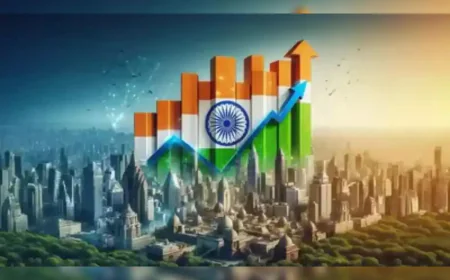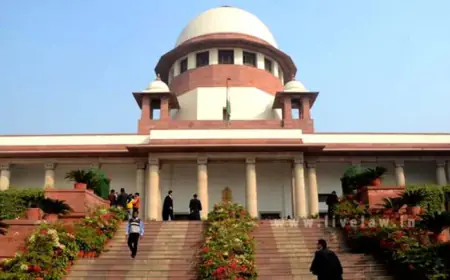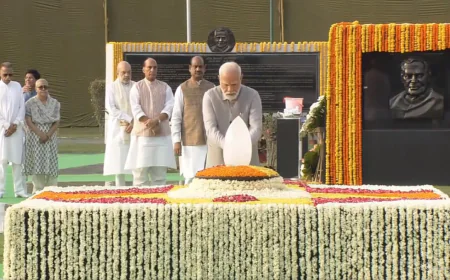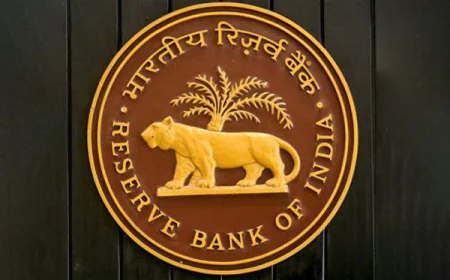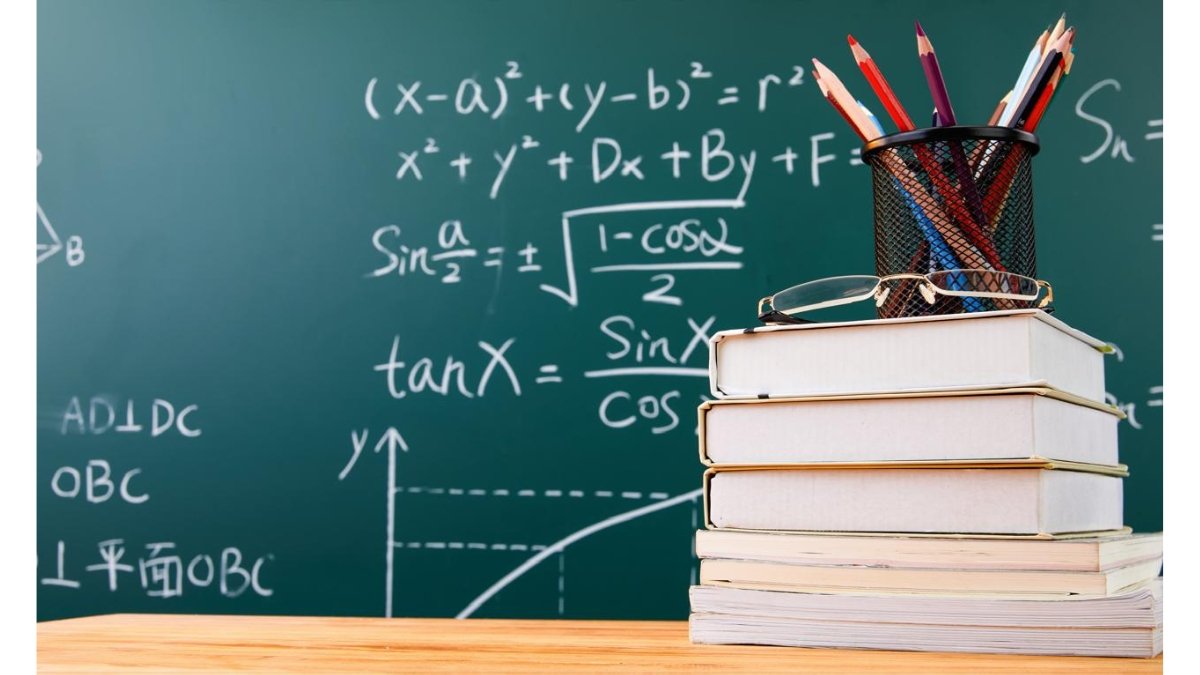India Plans Major Economic Reforms in Next 100 Days: GST 2.0, Trade Easing with China, Start-up Tax Rebates and Export Boost on Agenda
India is moving towards major economic reforms in view of the Trump tariff and the change in the global scenario. The government can take many decisions in the next 100 days, like normalizing trade relations with China, starting an e-commerce export hub, and giving relaxation in environmental rules for the leather industry. The PMO is working on a new version of GST in collaboration with the NITI Aayog.
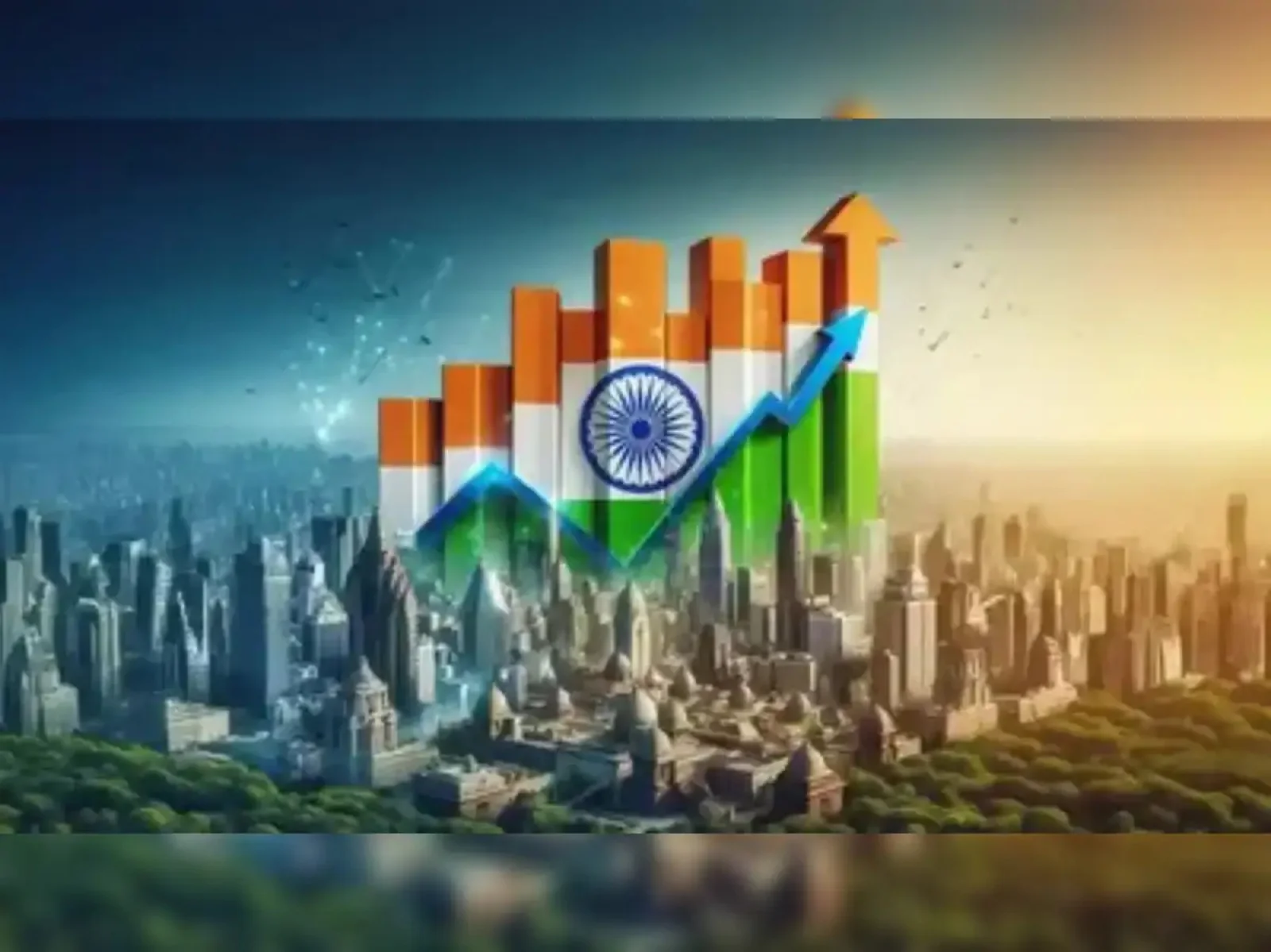
Considering the Trump tariff and the fast-evolving global situation, India has awakened in the direction of introducing significant economic reforms. Prime Minister Narendra Modi has already stated that GST would be reformed. The government ministries have now begun to work on the likely significant economic choices to be made in the next 100 days.
These choices involve relaxation of trade ties with China, establishment of an e-commerce export platform, ease in environmental regulations for the leather sector, additional tax rebates to start-ups, extension of the time limit for renewal of registration of pharma and tobacco traders, and further modernizing the industrial approval portal.
The Finance Ministry has to implement the new version of GST in the next 100 days, work on which has already started. The Prime Minister's Office is also holding meetings with the members of the Cabinet's Economic Committee, along with the NITI Aayog, the Prime Minister's Economic Advisor, in this direction.
According to sources, the government can consider China's proposal regarding foreign investment on a case-by-case basis. For the last few years, very tough rules have been in place for the approval of China's investment proposal.
On Monday, the foreign ministers of China and India are meeting in New Delhi, and on Tuesday, the Chinese foreign minister is also meeting the country's Prime Minister. Prime Minister Narendra Modi can also visit China soon.
In this changing environment, India's trade partnership with China can increase and in this sequence, the government can consider the investment proposal of Chinese companies in general sectors like consumer goods, renewable energy. But the door of investment will not open for Chinese companies in strategic sectors.
By relaxing the rules related to China's investment proposal, India can talk about increasing the entry of Indian goods in the Chinese market. Currently, export of pharma, processed and other food items is not possible in China at all. China also does not give work to Indian companies in its IT sector. Increasing India's exports to China will also reduce our trade deficit with China.
In April-July of the current financial year 2025-26, India imported $40.66 billion from China, while India was able to export only $5.76 billion to China during this period. Commerce and Industry Minister Piyush Goyal also held an important meeting with the officials of his ministry on Monday regarding the major economic changes to be made in the next 100 days.
According to Jagran sources, an e-commerce export hub will be started soon so that exports can be encouraged. Similarly, a decision can also be taken on relaxation in environmental rules for setting up leather units.
On August 15, the Prime Minister had announced the formation of a task force for the next phase of economic reforms. Niti Aayog and the Prime Minister's Economic Advisory Council are being consulted regarding the formation of the task force.
